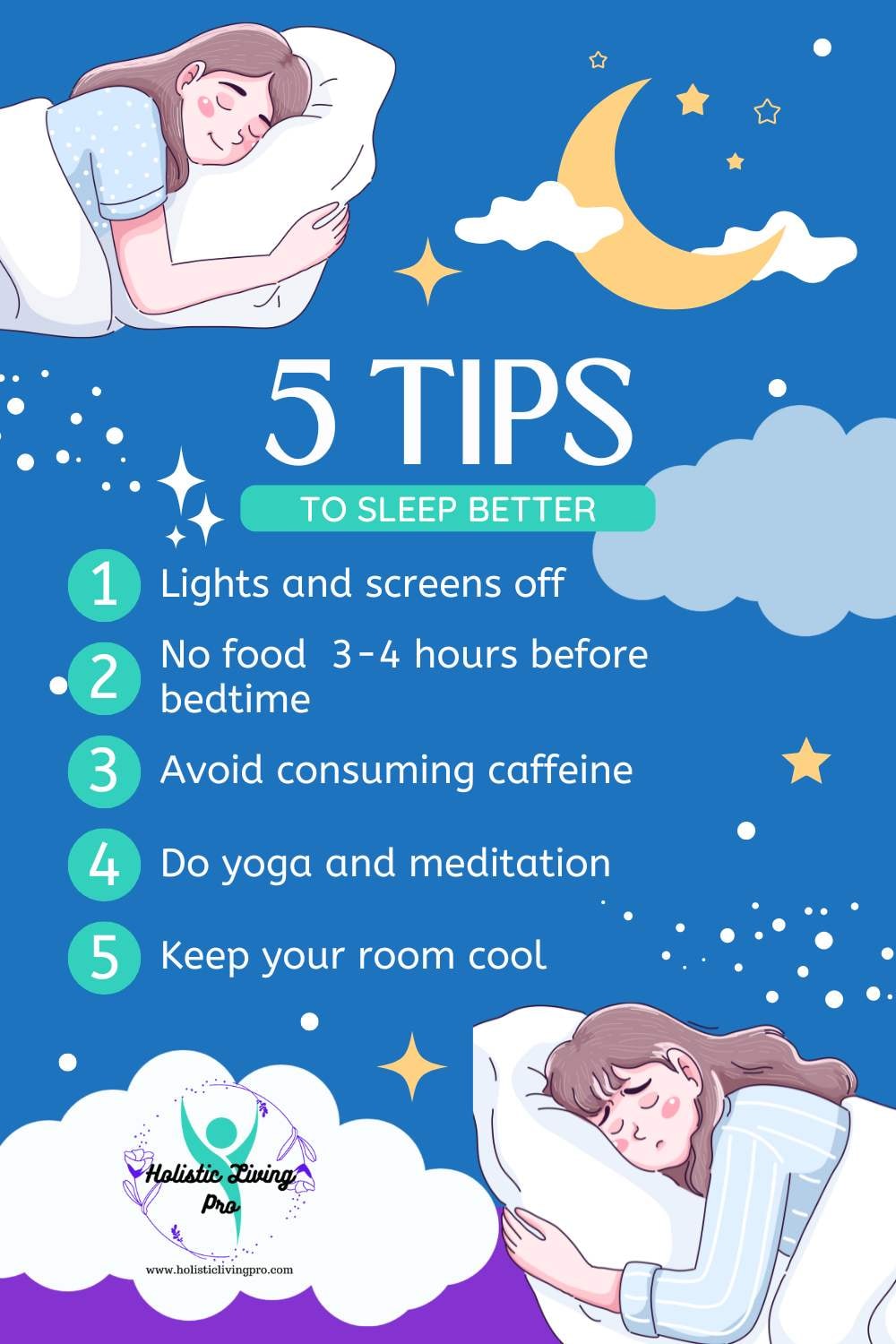The Power of Sleep: Why Quality Rest is Essential for Your Well-Being
In our fast-paced world, sleep often takes a backseat to the demands of work, family, and social obligations. However, sleep is not a luxury—it's a necessity for maintaining optimal health and well-being. Understanding the power of sleep and its profound impact on our physical and mental health can motivate us to prioritize quality rest. In this blog post, we'll explore the essential benefits of sleep and why it's crucial for a healthy life.
We all know sleep is important for our bodies and minds, but the quality and right amount of sleep are essential. You may have heard that our bodies have their own natural rhythm and body clock. We also have a particular sleep cycle with various important stages, one of which is deep sleep. This is where the body repairs itself and builds energy reserves for the next day.
Without enough sleep, you start to suffer mentally and struggle with concentration, workloads, and communication skills. Physically, lack of quality sleep compromises your cardiovascular health, energy balance, and immune system's ability to fight infection. Studies also suggest that the lymphatic system cleanses the body and brain during deep sleep, potentially reducing the risk of Alzheimer's and dementia in later life.
Improved Immune Function: During sleep, the immune system releases cytokines, proteins that help fight infection, inflammation, and stress. Without adequate sleep, your body's ability to fend off illness is compromised.
Enhanced Athletic Performance: Sleep aids in muscle recovery, improves reaction times, and increases endurance. A well-rested body performs better and is less prone to injuries.
Healthy Weight Management: Sleep regulates hormones that control hunger and appetite. Lack of sleep can disrupt these hormones, leading to increased cravings and calorie intake, which may contribute to weight gain.
Enhanced Cognitive Function: Sleep is essential for cognitive processes, including memory consolidation, problem-solving, and critical thinking. During sleep, the brain processes and stores information from the day, enhancing learning and memory.
Improved Mood and Emotional Stability: Adequate sleep is crucial for emotional regulation. Lack of sleep can lead to irritability, mood swings, and increased stress levels. Consistent, quality sleep supports a stable and positive mood.
Reduced Risk of Mental Health Disorders: Chronic sleep deprivation is linked to an increased risk of mental health issues such as depression and anxiety. Prioritizing sleep can be a preventative measure against these conditions.
Cardiovascular Health: Quality sleep supports heart health by regulating blood pressure and reducing inflammation. Chronic sleep deprivation is associated with an increased risk of heart disease, stroke, and hypertension.
Longevity: Research suggests that consistent, good-quality sleep is associated with a longer lifespan. Sleep contributes to overall health and reduces the risk of chronic diseases, promoting longevity.
Improved Quality of Life: Better sleep translates to better overall health, enhancing the quality of life. Those who prioritize sleep often experience increased energy levels, improved relationships, and a greater sense of well-being.

The power of sleep should not be underestimated. It's a fundamental pillar of health that influences every aspect of our lives, from physical performance and cognitive function to emotional well-being and longevity. By recognizing the importance of sleep and making it a priority, we can improve our overall health and enjoy a higher quality of life. In our next section, we'll explore practical tips and strategies to enhance the quality of your sleep and ensure you get the rest you need.
Practical Tips for Enhancing Your Sleep Quality and Overall Well-Being
Now that we understand the profound benefits of quality sleep, the next step is to implement practical strategies to enhance our rest. Improving sleep quality involves creating an environment and routine conducive to relaxation and consistent sleep patterns. In this blog post, we'll explore effective tips and techniques to help you achieve the restorative sleep your body and mind need.
How to Implement:
Go to bed and wake up at the same time every day, even on weekends.
This consistency helps regulate your body's internal clock, making it easier to fall asleep and wake up naturally.
Benefits:
A regular sleep schedule reinforces your sleep-wake cycle, leading to better sleep quality and improved overall health.
Sleep Times:
Here is some recommended sleeping times for different ages, to allow you to get the right amount of sleep and workout your best sleep schedule.

How to Implement:
Develop a pre-sleep routine that signals your body it's time to wind down. This could include activities such as reading, taking a warm bath, or practicing gentle yoga.
Avoid stimulating activities and electronic devices at least an hour before bed.
Benefits:
A calming routine helps prepare your body and mind for sleep, making it easier to transition from wakefulness to rest.
How to Implement:
Ensure your bedroom is cool, dark, and quiet. Consider using blackout curtains, earplugs, or a white noise machine if necessary.
Invest in a comfortable mattress and pillows that provide the right support for your body.
Benefits:
A sleep-conducive environment minimizes disruptions and enhances the quality of your sleep, allowing you to wake up refreshed.
How to Implement:
Avoid large meals, caffeine, and alcohol close to bedtime. These can interfere with your ability to fall and stay asleep.
Stay hydrated throughout the day but reduce fluid intake in the evening to minimize nighttime awakenings.
Benefits:
Eating and drinking mindfully in the hours leading up to bedtime supports better sleep and reduces disruptions.
How to Implement:
Engage in regular physical activity during the day, aiming for at least 30 minutes of moderate exercise most days of the week.
Avoid vigorous exercise too close to bedtime, as it may interfere with your ability to fall asleep.
Benefits:
Regular physical activity promotes better sleep quality and duration, and it can help you fall asleep faster.
How to Implement:
Practice relaxation techniques such as deep breathing, meditation, or progressive muscle relaxation to calm your mind before bed.
Keep a journal to write down any worries or thoughts that may keep you awake.
Benefits:
Reducing stress and anxiety before bedtime can help you fall asleep more easily and enjoy deeper, more restful sleep.
Resources To Help:
You might find these two other blog articles useful in helping you with these tips!
The Transformative Benefits of Meditation
and
How to Implement:
If you need to nap, limit it to 20-30 minutes and avoid napping late in the day.
Short naps can be refreshing, but long or late naps can interfere with your nighttime sleep.
Benefits:
Properly timed naps can boost alertness without negatively impacting your nighttime sleep.

How to Implement:
Brain dump your thoughts into a notebook or diary to free your mind from overthinking.
Consider using meditation to help clear your mind and relax before bed.
Benefits:
Quieter minds find it easier to transition to sleep and achieve deeper, more restorative rest.
How to Implement:
Reserve the bedroom for sleeping and relaxing, avoiding activities like work or watching TV in bed.
Use relaxing and calming room sprays or essential oils to enhance the sleep atmosphere.
Benefits:
Creating a restful bedroom environment helps signal your body that it's time to sleep, improving the quality of your rest.
How to Implement:
Start a bedtime routine 30-60 minutes before bed, incorporating relaxing activities such as stretching, meditation, or listening to calming music.
Organize things for the next day to reduce morning stress.
Benefits:
A consistent bedtime routine helps set your intentions and actions towards peaceful and restorative sleep.
Enhancing the quality of your sleep requires a combination of consistent habits and a conducive sleep environment. By implementing these practical tips, you can create a restful nighttime routine that supports better sleep and overall well-being. Remember, the power of sleep lies in its ability to rejuvenate and restore both body and mind. Prioritize sleep, and you'll reap the benefits in every aspect of your life.
Happy sleeping!

Subscribe To Our Newsletter
Get our newsletter to stay in touch and get access to our latest blog articles and offers first! We won't spam you, as we believe in community and helping you with your health and wellbeing.
Your email address is safe with us .We never share your information with anyone




